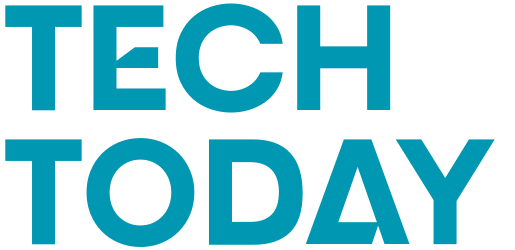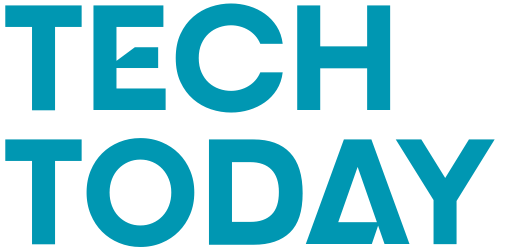Lawrence Tallon, chief executive at the Medicines and Healthcare products Regulatory Agency (Credit: MHRA)
AI tools that could improve patient care are being tested in the next phase of the Medicines and Healthcare products Regulatory Agency’s (MHRA’s) AI Airlock programme.
The chosen technologies span AI-powered clinical note taking, advanced cancer diagnostics, eye disease detection, hospital stay summaries, and blood test interpretation.
Seven manufacturers developing novel AI-powered healthcare technologies have been selected for the second phase of the programme, which provides a controlled environment to trial AI tools safely and ensure their effectiveness.
It also helps identify limitations and challenges around the use of AI as a medical device and explore potential pathways towards regulatory approval.
The seven technologies selected to be tested in the Airlock until March 2026 are:
- Clinical AI assistant from TORTUS
- Nu & Aegis AI Conversational & Monitoring System from Numan
- PANProfiler Colorectal (MSI/MMR) from Panakeia Technologies
- AI pathology platform from Octopath
- Safe summarisation tool from the NHS England Federated Data Platform (FDP)
- AI as a medical device product from Eye2Gene
- DeepX AI from DeepX Health
Zubir Ahmed, health innovation minister, said: “The AI revolution is here, and we want our NHS staff to be the first in the queue, armed with rigorously tested and evidenced clinical AI tools.
“The AI Airlock programme is a great example of how we can test new innovations thoroughly while still moving at pace, as we seek to deliver on our promise to shift healthcare from analogue to digital.
“Through our 10 year health plan we will drive for the NHS to be the most AI-enabled healthcare system in the world.”
This second phase of the programme addresses three fundamental regulatory challenges around managing evolving AI applications, regulating AI-powered diagnostics effectively, and implementing robust post-market surveillance for AI medical devices.
Lawrence Tallon, chief executive at the MHRA, said: “AI technologies offer important opportunities to transform healthcare, but they also create new regulatory complexities, due to the rapid pace at which they are evolving.
“As the first country to create a dedicated regulatory environment, or ‘sandbox’, specifically for AI medical devices, we’re pioneering solutions to the unique challenges of regulating these emerging healthcare technologies.
“The first phase of AI Airlock demonstrated the value of close collaboration between innovators and regulators.
“I look forward to seeing the results of this new cohort and how their technologies will shape the next generation of safe, effective AI tools in healthcare.”
Phase two of the programme builds on the success of the pilot phase, which was launched in spring 2024.
Four reports published today (16 October 2025) capture the key insights from the initial cohort, including a programme report and three workshop reports.
The in-depth insights from testing real-world technologies through the Airlock will inform future MHRA work on the regulation of AI, including recommendations to the MHRA’s National Commission into the Regulation of AI in Healthcare, which was launched last month.













